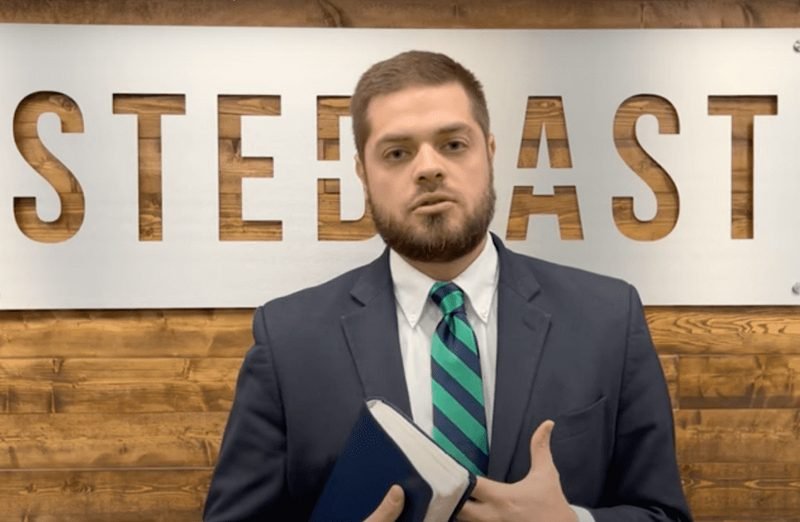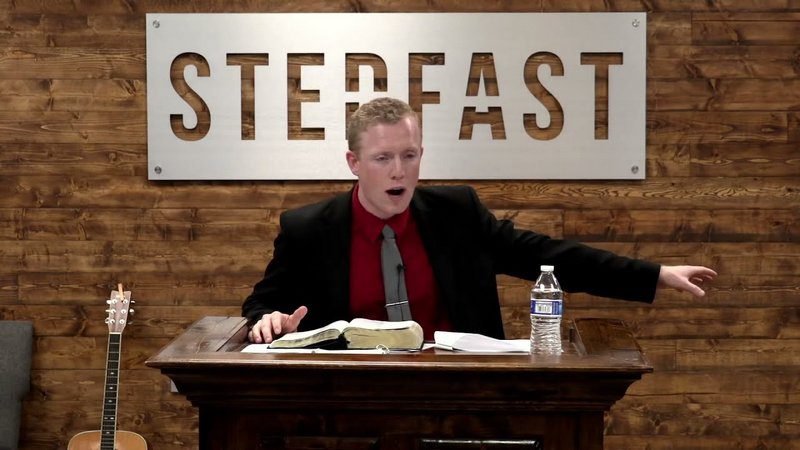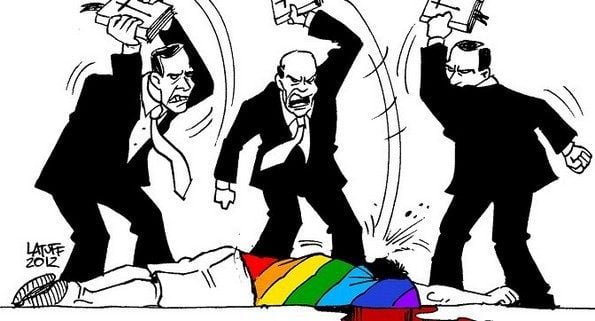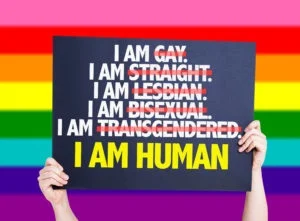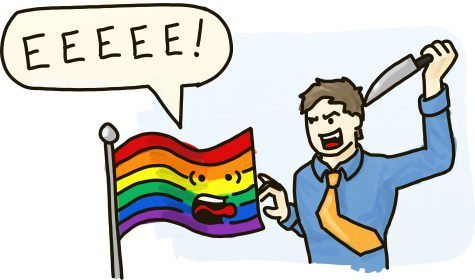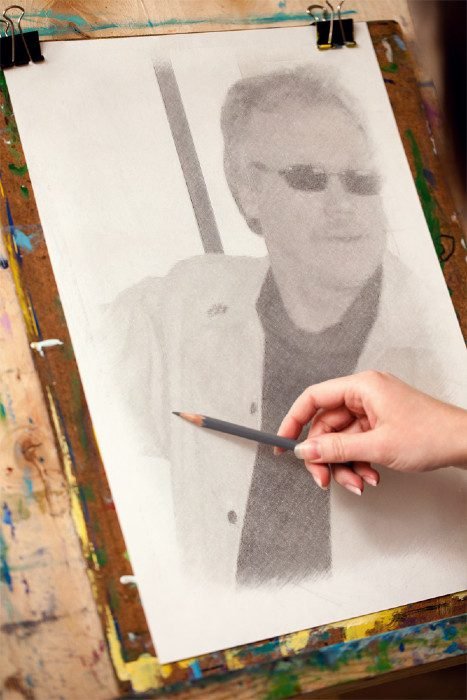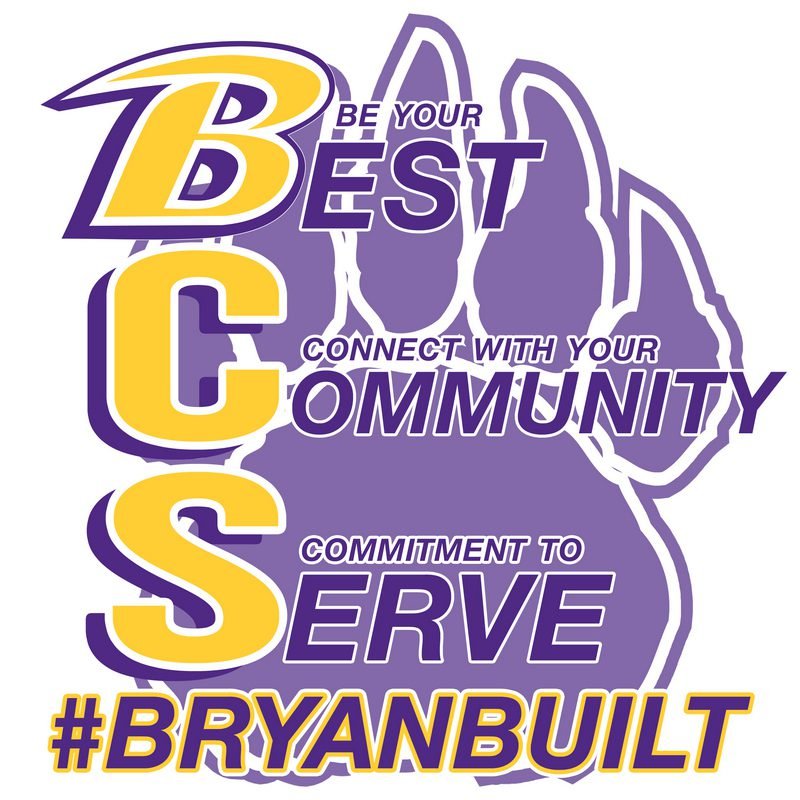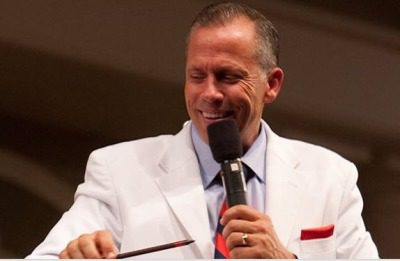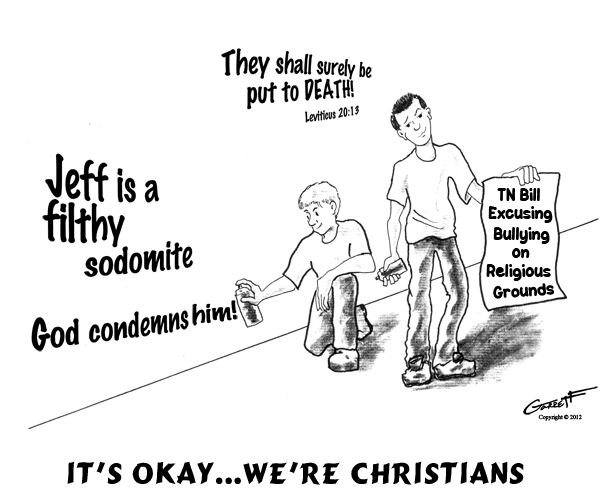
Dear pastors,
If you are silent on the issues of homosexuality in your churches, then you are useless.
If you turn a blind eye to the scourge and infiltration of LGBT affirmation in our pews you are a hireling and need to find another “occupation”.
If your church is flying a “pride” flag, you are not of God, nor do you represent Him in any aspect.
If you are riding the fence to appear more “loving” and “accepting” of wicked acts that God calls abominations, you yourself are wicked and weak.
If you are allowing homosexuals to participate in your church’s works of ministry, you are an agent of Satan and his works of darkness.
….
You are to preach the WHOLE COUNSEL of God, which not only includes His love, but His wrath and His judgment of sin.
To welcome open, unrepentant sin into your midst is actually to hate the ones committing those sins, because with your welcoming embrace you are denying their need for repentance which would lead them toward life instead of death. (It is also to hate the faithful saints in your pews who want to live in holiness and righteousness. You are perpetuating a lie upon your flocks and leading in paths of unrighteousness.)
To love them is to give them the good news of Christ’s atoning work on the cross that is the only way to salvation, and that they MUST turn from sin. All sin.
….
If you are of the opinion that you can be gay AND Christian, understand that this goes against everything God has said in His word. You cannot explain it away, or twist it to say what you want. If you believe this lie, then you are suppressing the truth and your heart has been darkened. If you are affirming those who are acting wickedly, then God says your partake in their wickedness.
Although they know full well God’s just sentence—that those who practice such things deserve to die —they not only do them, but even applaud others who practice them. Romans 1:32
So know, pastors, when you succumb to adopt the depravity of the culture into your churches, the demons rejoice and you are a tool of the enemy. There IS forgiveness if you repent. But you are unqualified to be behind a pulpit. So step down now.
— Robin Self, A Worthy Walk, Dear Pastors . . . , June 20, 2022
Bruce Gerencser, 68, lives in rural Northwest Ohio with his wife of 47 years. He and his wife have six grown children and sixteen grandchildren. Bruce pastored Evangelical churches for twenty-five years in Ohio, Texas, and Michigan. Bruce left the ministry in 2005, and in 2008 he left Christianity. Bruce is now a humanist and an atheist.
Your comments are welcome and appreciated. All first-time comments are moderated. Please read the commenting rules before commenting.
You can email Bruce via the Contact Form.

